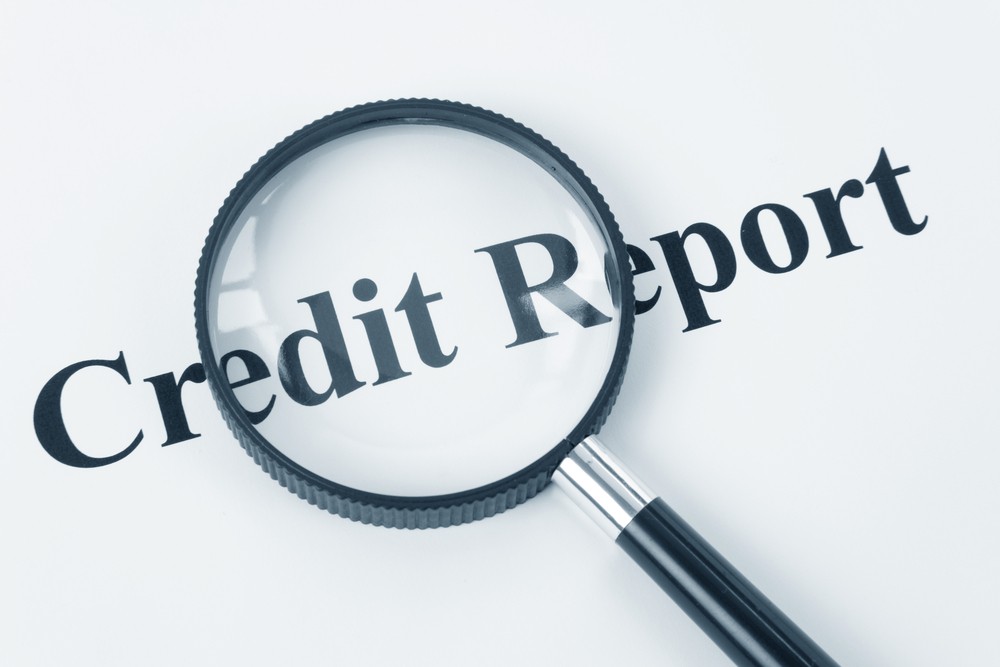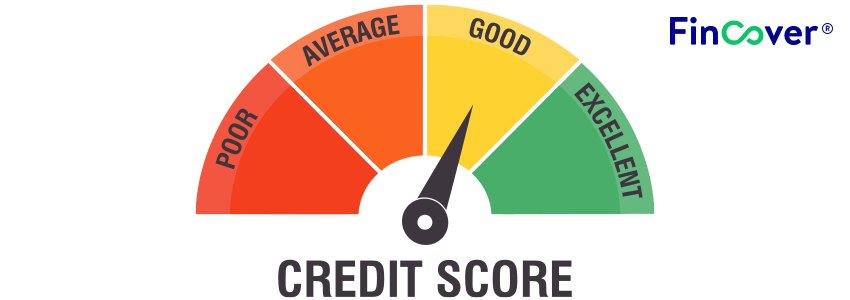Filing for bankruptcy can feel like hitting rock bottom financially, but it’s also an opportunity for a fresh start. While bankruptcy can have a severe impact on your credit score, it doesn’t have to define your financial future. With the right strategies, you can rebuild your credit and regain financial stability. This comprehensive guide will walk you through the steps to rebuild your credit after bankruptcy, offering SEO-rich content designed to attract traffic and achieve top search rankings.
Understanding Bankruptcy and Its Impact on Credit
What is Bankruptcy?
Bankruptcy is a legal process that allows individuals or businesses to eliminate or repay some or all of their debts under the protection of the bankruptcy court. The most common types of bankruptcy for individuals are Chapter 7 and Chapter 13.
- Chapter 7 Bankruptcy: Involves liquidating assets to pay off as much debt as possible. Remaining unsecured debt is typically discharged.
- Chapter 13 Bankruptcy: Allows for the reorganization of debt and a repayment plan over three to five years. Debts that are not fully paid off during this period may be discharged.
How Does Bankruptcy Affect Your Credit?
Bankruptcy has a significant negative impact on your credit score. A Chapter 7 bankruptcy can remain on your credit report for up to 10 years, while a Chapter 13 bankruptcy can stay for up to 7 years. The immediate aftermath usually includes a substantial drop in your credit score, making it difficult to obtain new credit, secure loans, or even get favorable insurance rates.
Steps to Rebuild Your Credit After Bankruptcy
- Understand Your Financial Situation
Before you can rebuild your credit, it’s crucial to understand your current financial situation. This involves:
- Reviewing Your Credit Report: Obtain copies of your credit report from the three major credit bureaus (Equifax, Experian, and TransUnion). Check for accuracy and ensure that debts discharged in bankruptcy are correctly reported.
- Assessing Your Budget: Analyze your income, expenses, and savings to create a realistic budget. This helps you avoid falling into debt again and ensures you can meet your financial obligations.
- Develop a Post-Bankruptcy Financial Plan
Creating a financial plan is essential for rebuilding your credit. This plan should include:
- Setting Financial Goals: Define short-term and long-term financial goals, such as saving for an emergency fund, paying off remaining debts, or improving your credit score.
- Building an Emergency Fund: Having savings to cover unexpected expenses can prevent you from relying on credit and accumulating debt.
- Make Timely Payments
Your payment history is the most significant factor in your credit score, accounting for 35% of the total score. To rebuild your credit:
- Pay All Bills on Time: Ensure that you make timely payments on all bills, including utilities, rent, and any remaining debts. Consider setting up automatic payments or reminders to avoid missing due dates.
- Stay Current on Debt Payments: If you have any remaining debts, focus on making consistent, on-time payments.
- Use Credit Wisely
Using credit responsibly is key to rebuilding your credit score. Here are some strategies:
- Apply for a Secured Credit Card: Secured credit cards require a cash deposit as collateral, making them easier to obtain post-bankruptcy. Use the card for small, regular purchases and pay off the balance in full each month.
- Consider a Credit-Builder Loan: These loans are designed to help rebuild credit. Payments are reported to the credit bureaus, helping to improve your credit score over time.
- Become an Authorized User: Ask a trusted friend or family member with good credit to add you as an authorized user on their credit card. This can help you build a positive credit history.
- Keep Credit Utilization Low
Credit utilization, or the ratio of your credit card balances to credit limits, impacts your credit score. Aim to keep your credit utilization below 30%.
- Limit Credit Card Balances: Use only a small portion of your available credit each month and pay off balances in full.
- Request Credit Limit Increases: As your credit improves, you can request higher credit limits to help lower your credit utilization ratio.
- Avoid High-Risk Financial Behavior
Certain behaviors can harm your credit score and financial health:
- Limit New Credit Applications: Each application results in a hard inquiry, which can temporarily lower your credit score. Apply for new credit sparingly and only when necessary.
- Avoid Payday Loans and High-Interest Credit: These can lead to debt cycles that are hard to break and can negatively impact your credit score.
- Become an Authorized User
If you have a trusted family member or friend with good credit, ask if they can add you as an authorized user on their credit card. As an authorized user, you benefit from their positive credit history, which can help improve your credit score.
Actionable Tips:
- Ensure the primary cardholder has a good credit history and low credit utilization.
- Confirm that the credit card issuer reports authorized user activity to the credit bureaus.
- Use this opportunity to demonstrate responsible credit behavior.
- Make Timely Payments
Payment history is the most significant factor in your credit score, accounting for 35% of your FICO score. Making timely payments on all your bills, including utilities, rent, and credit accounts, is crucial for rebuilding your credit.
Actionable Tips:
- Set up automatic payments or reminders to ensure you never miss a due date.
- Pay at least the minimum amount due on all your accounts.
- Prioritize paying off any remaining debts.
- Keep Credit Utilization Low
Credit utilization, or the ratio of your credit card balances to your credit limits, is another important factor in your credit score. Aim to keep your credit utilization below 30% to positively impact your score.
Actionable Tips:
- Pay off credit card balances in full each month.
- If you must carry a balance, keep it as low as possible.
- Request a credit limit increase after demonstrating responsible usage.
10.Monitor Your Credit Regularly
Regularly monitoring your credit allows you to track your progress and catch any errors or signs of identity theft early. Many financial institutions and credit card issuers offer free credit monitoring services.
Actionable Tips:
- Sign up for free credit monitoring services.
- Review your credit reports and scores monthly.
- Address any discrepancies or suspicious activity immediately.
11.Be Patient and Persistent
Rebuilding your credit after bankruptcy takes time and effort. Be patient and stay committed to responsible financial behavior. Over time, your positive actions will outweigh the negative impact of bankruptcy, and your credit score will improve.
Actionable Tips:
- Celebrate small milestones, such as making consecutive on-time payments.
- Stay focused on your long-term financial goals.
- Seek support from financial advisors or credit counseling services if needed.
12.Avoid Predatory Lenders
After bankruptcy, you may receive offers from predatory lenders targeting individuals with poor credit. These lenders often charge exorbitant interest rates and fees, trapping you in a cycle of debt.
Actionable Tips:
- Research and compare lenders before accepting any loan offers.
- Avoid payday loans, high-interest auto loans, and other predatory financial products.
- Consider working with reputable financial institutions and credit unions.
Conclusion
Rebuilding your credit after bankruptcy is a challenging but achievable goal. By following these step-by-step strategies, you can gradually improve your credit score, regain financial stability, and achieve long-term success. Remember, the key to rebuilding credit is demonstrating responsible financial behavior, making timely payments, and being patient with the process. With dedication and persistence, you can overcome the impact of bankruptcy and build a brighter financial future.


















